Xinjiang youth Yusupujiang Aibibula: Ethnic groups help one another like family
(ECNS) -- Yusupujiang Aibibula, a Uyghur youth from Hotan, Xinjiang Uyghur Autonomous Region, shared his story of dedicating himself to the cause of ethnic unity and progress at the National Conference on Model Deeds of Ethnic Unity and Progress that was held at the Great Hall of the People in Beijing on Dec. 27, 2024.
Yusupujiang runs a barbecue restaurant in Jianli, Jingzhou City, Hubei Province. He was awarded the title of “role model for ethnic unity and progress” in September 2024 for rescuing three people from drowning in the Yangtze River over two days although he can’t swim
Saving people in need is something every Chinese would do, he said, adding that “I’ve only done what I could — it’s far from enough.”
Family values guide his life
Yusupujiang credits his family, particularly his grandmother, a member of the Communist Party of China (CPC), for instilling in him the values of doing good deeds.
His grandmother often took him to attend Party meetings when he was young. Curious about the Party, Yusupujiang once asked his grandmother, “Where is the CPC?” Smiling, she replied, “It is in my heart.”
His grandmother often recounted her own experiences of hardship, recalling the days when she labored from dawn to dusk yet could only afford a single meal. “Now, we enjoy three meals a day, thanks to the CPC,” she said.
These stories profoundly shaped Yusupujiang’s character and instilled in him a sense of gratitude.
His deeds go beyond saving lives.
He is an active member of the Jianli City Dandelion Love Association, where he motivates people from various ethnic groups to participate in charitable activities, including helping the disabled, donating money to students in need, and aiding the underprivileged.
He also helps young people from his hometown secure jobs and start businesses in Jingzhou City.
Ethnic unity in practice happens around him
Yusupujiang learned about President Xi Jinping’s 2014 speech, who urged all ethnic groups in Xinjiang to “show mutual understanding, respect, tolerance and appreciation among themselves, and learn and help each other,” so that they could be united together “l(fā)ike seeds of a pomegranate.”
He deeply resonates with the idea, saying that ethnic unity actually happens in his life.
Many Xinjiang residents, inspired by Yusupujiang’s example, have settled in Jingzhou.
The young restaurant owner said that Xinjiang newcomers often struggled with Mandarin when they arrived in the new city, but local government quickly extended a helping hand, helping them grasp the language.
Besides, local companies offered employment opportunities for these Xinjiang people. Some businesses also invested in Hotan, creating jobs for locals in Xinjiang.
The Jingzhou community has actively supported Yusupujiang’s barbecue restaurant, with locals regularly dining at his restaurant.
“This is what mutual understanding and support among ethnic groups look like,” Yusupujiang said.
Describing Jingzhou as a place with “high incomes and kind-hearted people,” he lives a happy life with his wife and child.
“The local people in Jingzhou care for us like we are a family,” he said with gratitude. “In my heart, Jingzhou has become my second hometown.”



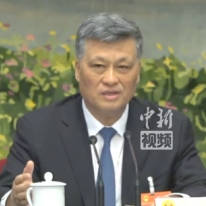

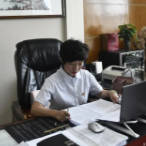

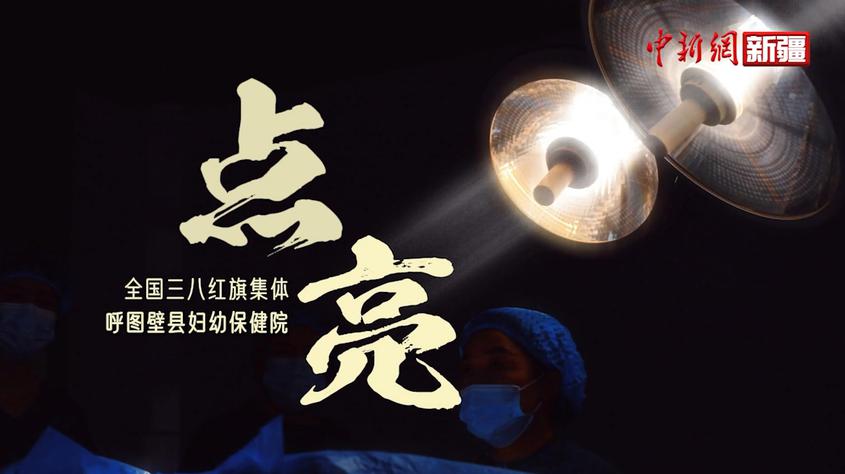
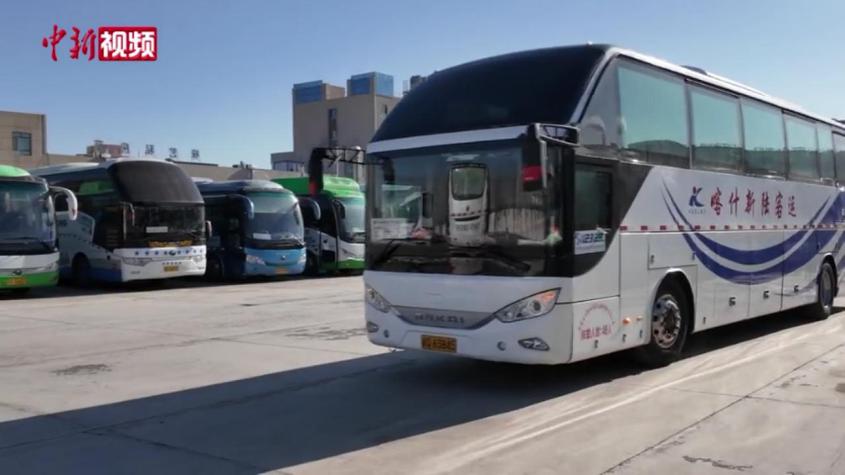
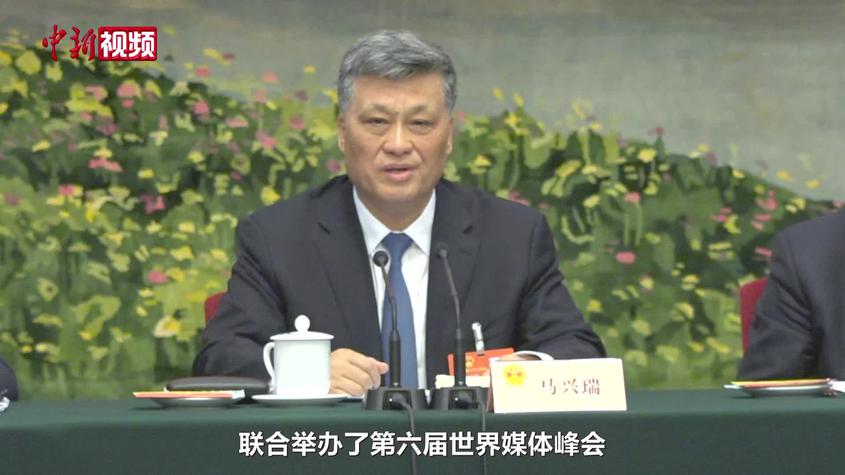
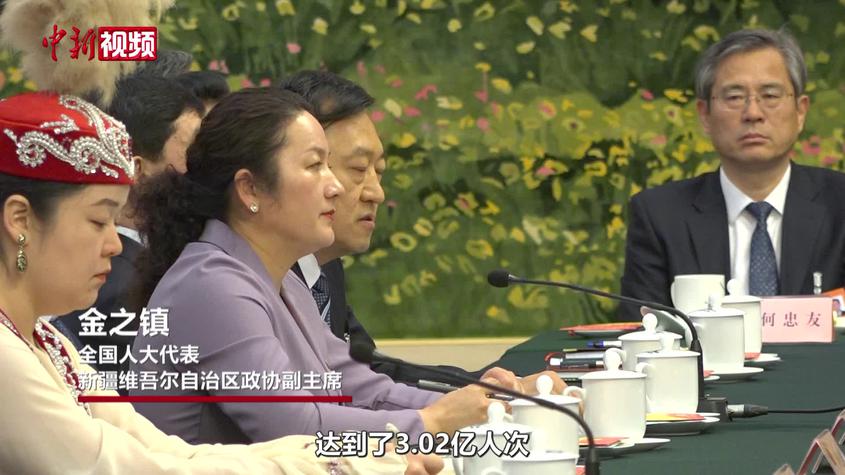
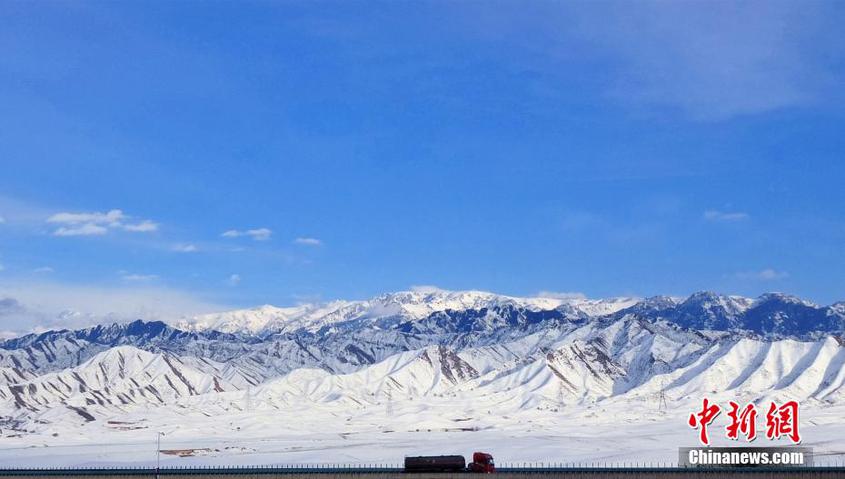
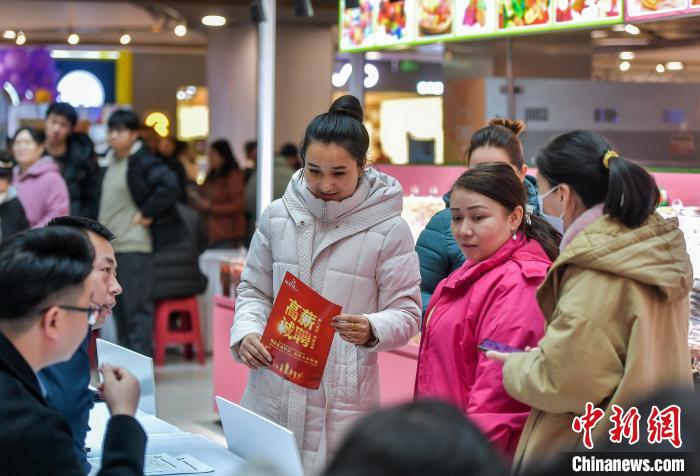
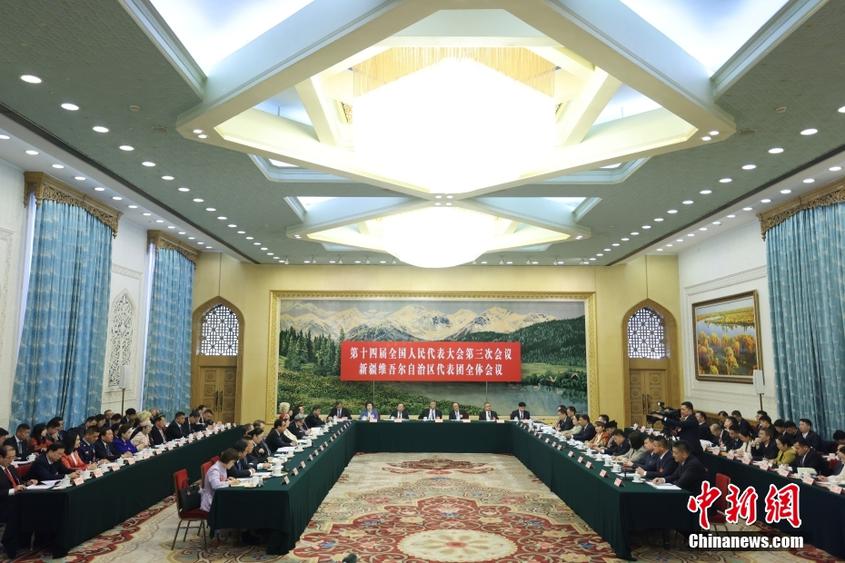
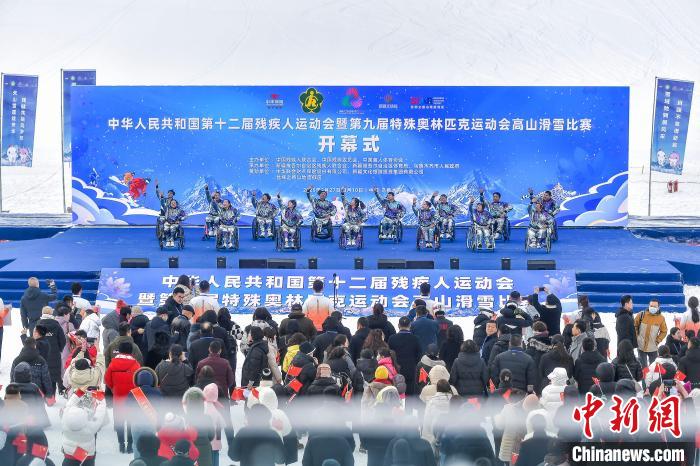


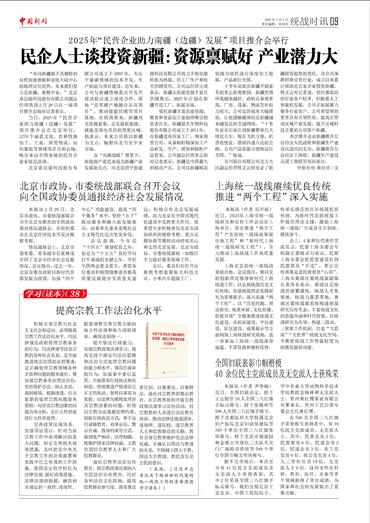
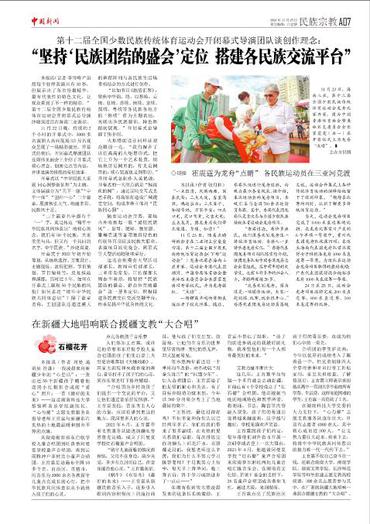
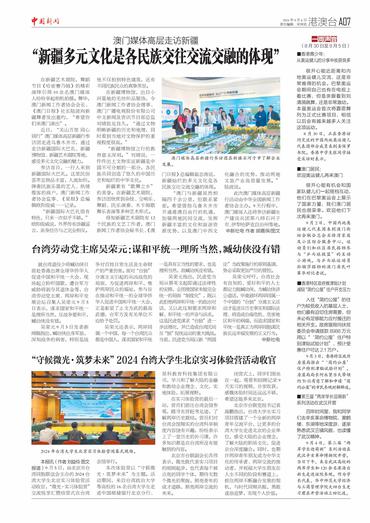
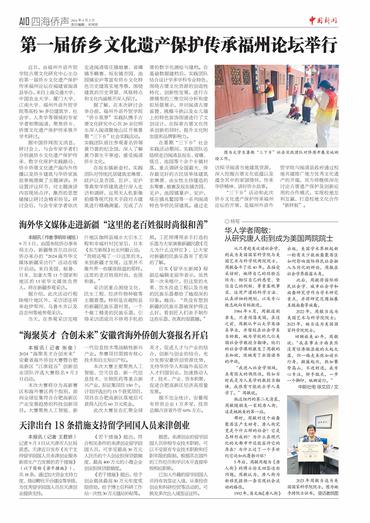
 京公網(wǎng)安備 11010202009201號
京公網(wǎng)安備 11010202009201號